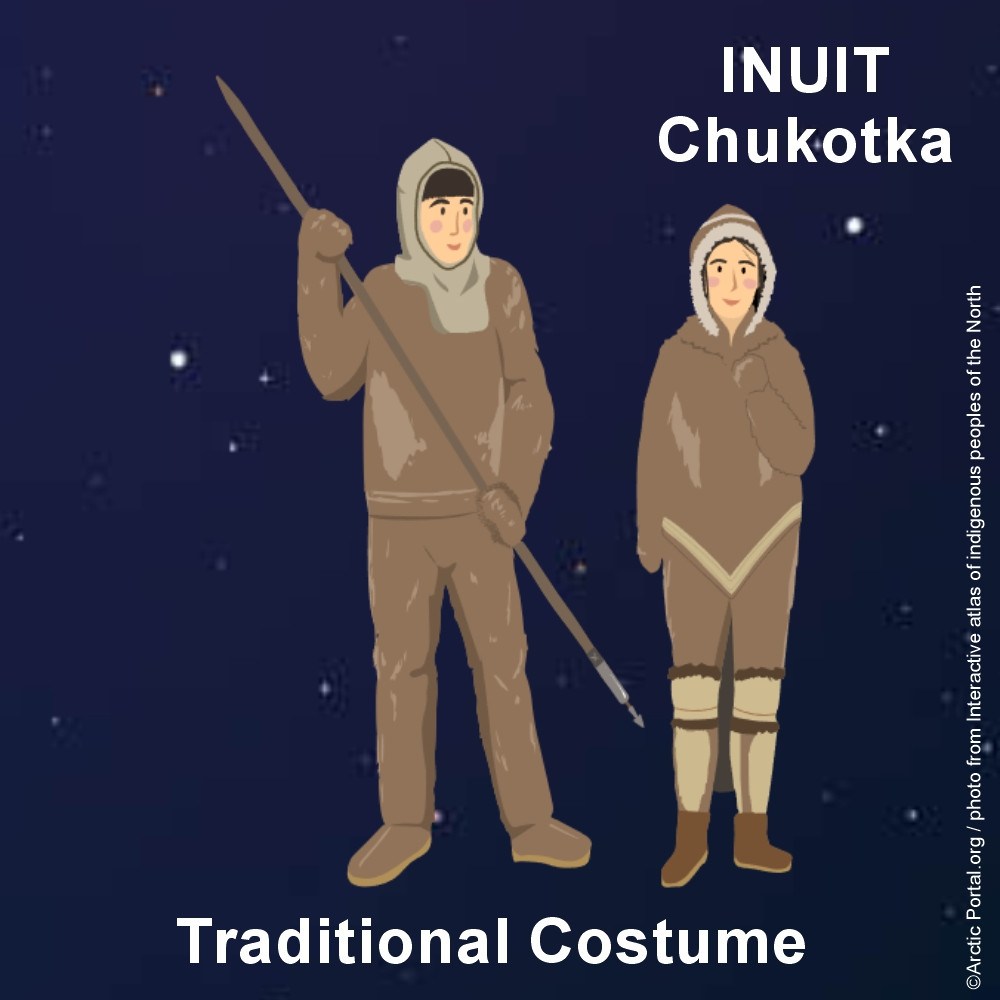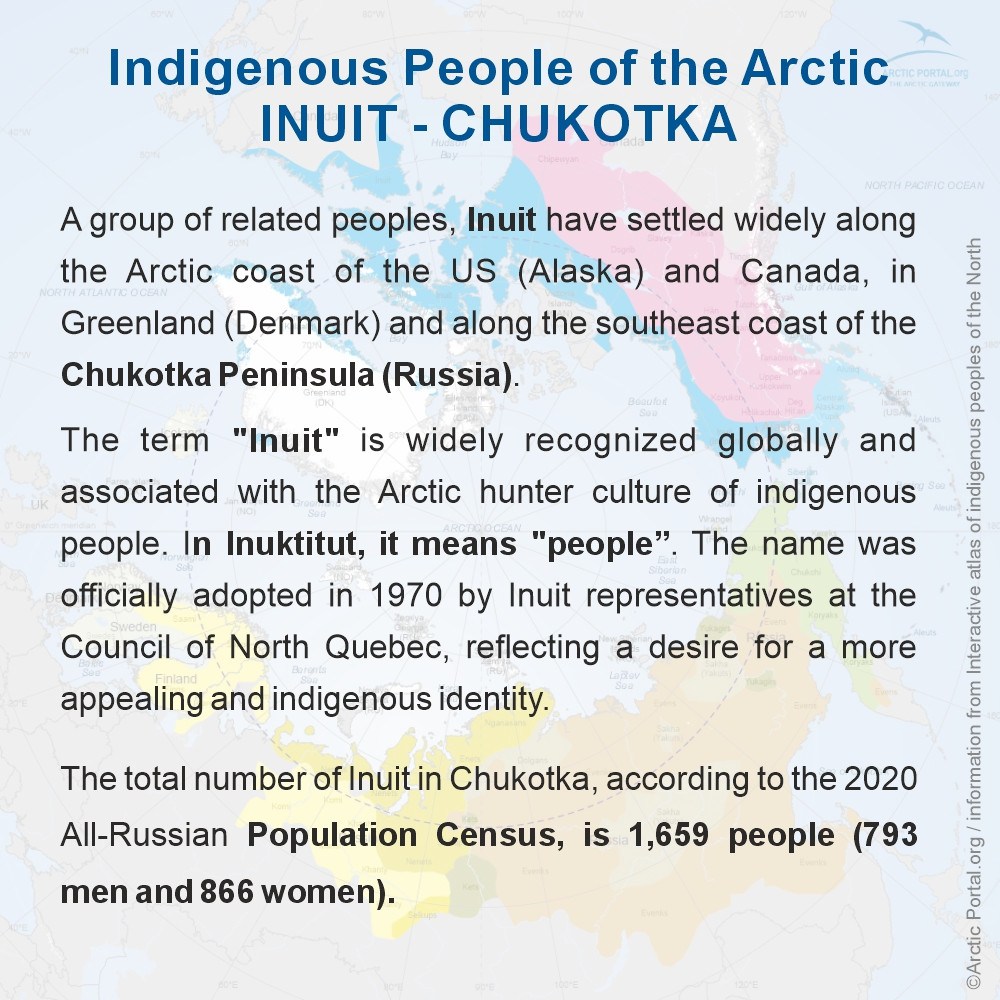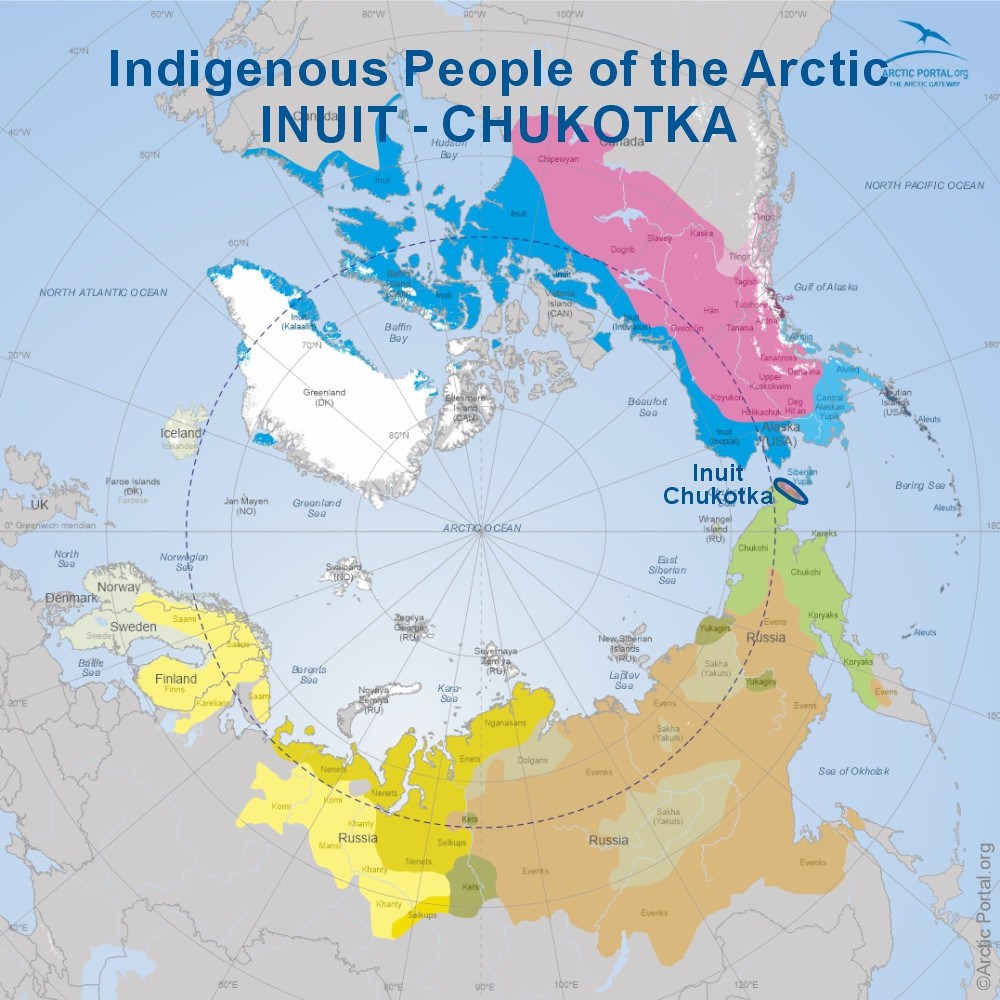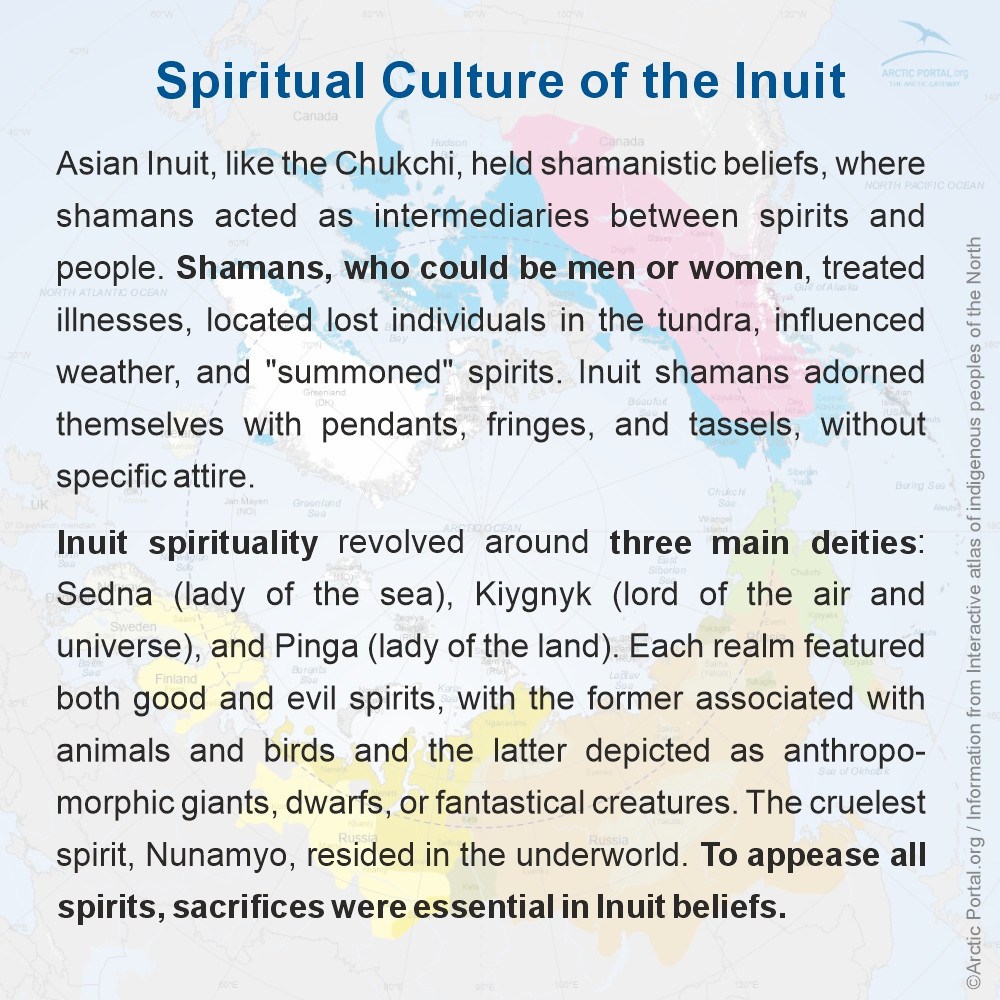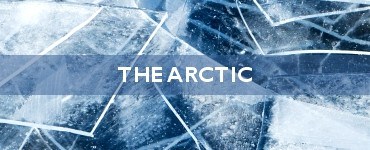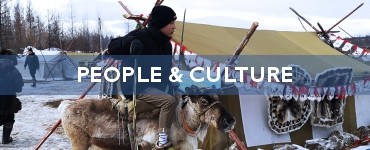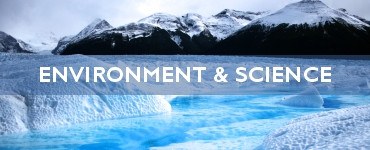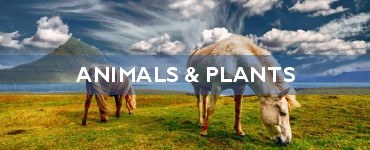A group of related peoples, Inuit have settled widely along the Arctic coast of the US (Alaska) and Canada, in Greenland (Denmark) and along the southeast coast of the Chukotka Peninsula (Russia).
The term "Inuit" is widely recognized globally and associated with the Arctic hunter culture of indegenous people. In Inuktitut, it means "people". The name was officially adopted in 1970 by Inuit representatives at the Council of North Quebec, reflecting a desire for a more appealing and indigenous identity.
The total number of Inuit in Chukotka, according to the 2020 All-Russian Population Census, is 1,659 people (793 men and 866 women).
Spiritual Culture of the Inuit
Asian Inuit, like the Chukchi, held shamanistic beliefs, where shamans acted as intermediaries between spirits and people. Shamans, who could be men or women, treated illnesses, located lost individuals in the tundra, influenced weather, and "summoned" spirits. Inuit shamans adorned themselves with pendants, fringes, and tassels, without specific attire.
Inuit spirituality revolved around three main deities: Sedna (lady of the sea), Kiygnyk (lord of the air and universe), and Pinga (lady of the land). Each realm featured both good and evil spirits, with the former associated with animals and birds and the latter depicted as anthropomorphic giants, dwarfs, or fantastical creatures. The cruelest spirit, Nunamyo, resided in the underworld. To appease all spirits, sacrifices were essential in Inuit beleifs.
Source: Interactive atlas of indigenous peoples of the North, Siberia and the Far East
Visit our Map Gallery Arctic Portal specializes in creating customized graphical maps that cover a range of significant Arctic topics with global recognition. We are continuously working on new maps and adding them to our Gallery.

